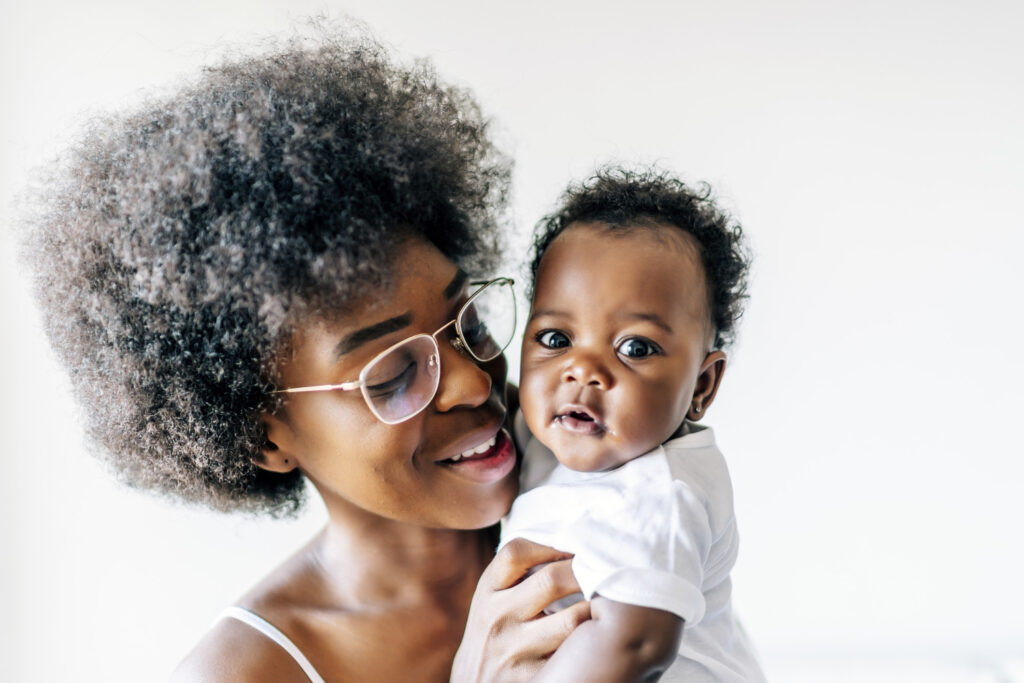The first few years of a baby’s life are a time of incredible development and growth. During this period, babies will go through a number of important milestones that mark their progress and indicate how they are developing. These milestones include physical, cognitive, emotional, and social developments, and each one is crucial for a baby’s overall health and well-being.
One of the earliest milestones that babies will reach is the ability to hold their head up. This typically happens at around three or four months of age, and it is an important step in a baby’s physical development. As babies gain more control over their head and neck muscles, they will be able to sit up on their own, and eventually crawl and walk.

Another important milestone is the development of fine motor skills. This refers to a baby’s ability to control small movements, such as picking up a toy or turning the pages of a book. Fine motor skills typically begin to develop at around six months of age, and they continue to improve throughout a baby’s first year.

Cognitive development
- Cognitive development is also an important aspect of a baby’s growth. This refers to a baby’s ability to think, learn, and remember new information. Babies will begin to show signs of cognitive development at around six months of age, when they start to recognize familiar faces and respond to their own name. As they get older, babies will become more curious and will start to explore their surroundings, which is an important part of their cognitive development.
Language development
- Language development milestones involve the development of a baby’s ability to understand and use language. This includes their ability to make different sounds and eventually form words and sentences.
Emotional and social development
Emotional and social development are also crucial for a baby’s overall well-being. Babies will begin to show signs of emotion, such as smiling and crying, at around two to three months of age. As they get older, they will start to develop more complex emotions, such as happiness, sadness, and fear. Social development, meanwhile, refers to a baby’s ability to interact with others and form meaningful connections. Babies will start to show an interest in other people at around six months of age, and they will begin to imitate the expressions and actions of those around them.
Overall, the first few years of a baby’s life are a time of incredible growth and development. Babies will go through a number of important milestones, including physical, cognitive, emotional, and social developments. Each of these milestones is crucial for a baby’s overall health and well-being, and it is important for parents to monitor their baby’s progress and provide support and encouragement as needed.
Baby development milestones are the specific abilities and behaviors that infants and toddlers typically acquire at certain ages. These milestones are important indicators of a child’s overall development and can provide valuable information to parents, caregivers, and healthcare professionals.
- From birth to three months, infants typically develop the ability to lift their head while on their stomach, respond to sounds and voices, and follow objects with their eyes. They may also begin to make cooing and gurgling noises, and may start to smile and show other expressions of emotion.
- During the next three months, infants may begin to reach for objects, roll over, and sit with support. They may also start to vocalize more, using different sounds and tones to express themselves. Babies at this age may also show an interest in toys and other objects, and may begin to develop a sense of cause and effect.
- From six to nine months, infants may begin to crawl and move around on their own. They may also start to develop hand-eye coordination, allowing them to pick up and manipulate small objects. Babies at this age may also start to babble and make sounds that resemble words, and may begin to understand simple commands and gestures.
- During the next three months, infants may begin to pull themselves up to stand and may take their first steps. They may also start to use simple words and may show an interest in imitating others. Babies at this age may also develop a sense of curiosity and may explore their environment more actively.
- From twelve to eighteen months, toddlers may begin to walk more confidently and may start to climb and run. They may also develop more complex language skills, using more words and combining them into short sentences. Toddlers at this age may also show more independence, expressing their own preferences and desires.
It is important to remember that every child is unique and will develop at their own pace. However, if a child is not reaching these milestones or is experiencing delays in their development, it is important to consult with a healthcare professional for further evaluation and support.
Overall, baby development milestones provide valuable information about a child’s overall development and can help parents and caregivers provide the appropriate support and guidance. By understanding these milestones and being aware of a child’s progress, parents and caregivers can help ensure that children reach their full potential and develop into healthy, happy adults.



